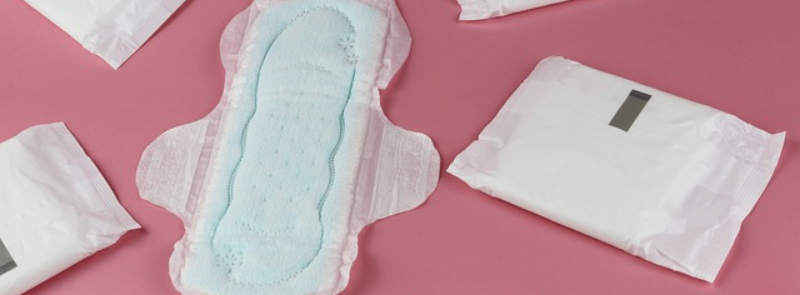
When It Occurs
Every May 28th
Official Website
Timeline
Days Passed (1001)
# Hashtags
#MenstrualHygieneDay #MHDay
May 28 marks Menstrual Hygiene Day (MHD or MH Day), an annual awareness initiative emphasizing the significance of proper menstrual hygiene management (MHM) worldwide. Launched by the German-based NGO WASH United in 2013, the inaugural observance took place in 2014.
This day serves as an opportunity to disseminate information through various media, including social platforms, and engage policymakers in meaningful dialogue. The overarching goal of Menstrual Hygiene Day is to champion the integration of menstrual hygiene management into global, national, and local policies and programs.
History and Background
- Establishment: Menstrual Hygiene Day was initiated by WASH United, a German-based NGO, and first celebrated in 2014. The date, May 28th, was chosen symbolically: May is the 5th month of the year, representing the average 5 days of menstruation, and 28 represents the average length of the menstrual cycle.
- Purpose: The day aims to break taboos surrounding menstruation, raise awareness about the challenges women and girls face due to inadequate menstrual hygiene management, and promote actions that ensure access to menstrual products and education.
Objectives
The primary objectives of Menstrual Hygiene Day are:
- Raise Awareness: Increase public awareness about the importance of menstrual hygiene and the challenges faced by women and girls globally.
- Promote Education: Advocate for comprehensive menstrual health education to empower women and girls with knowledge about their bodies and health.
- Advocate for Policy Change: Push for policies that ensure access to menstrual hygiene products, facilities, and information.
- Break the Silence: Challenge taboos and stigma associated with menstruation to create an open dialogue and supportive environment.
- Support Sustainable Solutions: Promote the development and use of sustainable menstrual products and waste management practices.
Key Issues in Menstrual Hygiene
- Lack of Access to Products: Many women and girls lack access to affordable and adequate menstrual hygiene products.
- Inadequate Sanitation Facilities: Lack of clean and private sanitation facilities at home, school, and work makes managing menstruation challenging.
- Stigma and Taboos: Cultural taboos and stigma around menstruation lead to shame, exclusion, and discrimination.
- Health Risks: Poor menstrual hygiene can lead to infections and other health issues.
- Education Gaps: Lack of comprehensive education about menstruation and menstrual hygiene for both women and men.
Celebrations and Activities
Menstrual Hygiene Day is marked by various activities and events organized by NGOs, health organizations, schools, governments, and communities worldwide. These activities often include:
- Educational Workshops: Conducting workshops and seminars to educate girls and women about menstrual health and hygiene.
- Distribution Campaigns: Providing free or subsidized menstrual hygiene products to those in need.
- Awareness Campaigns: Using media, social media, and public events to raise awareness about menstrual hygiene and break the stigma.
- Policy Advocacy: Engaging with policymakers to advocate for menstrual hygiene management in public policies and programs.
- Community Dialogues: Organizing discussions and forums to talk openly about menstruation and address cultural taboos.
- School Programs: Implementing school-based programs that educate students about menstrual health and provide facilities for safe management.
How to Participate
- Educate Yourself and Others: Learn about menstrual hygiene issues and share this knowledge with your community.
- Support Organizations: Donate to or volunteer with organizations working to improve menstrual health and hygiene.
- Advocate for Change: Engage with policymakers and advocate for policies that ensure access to menstrual hygiene products and education.
- Raise Awareness: Use social media to share information, stories, and advocacy messages about menstrual hygiene using hashtags like #MenstrualHygieneDay and #MHDay.
- Participate in Events: Attend or organize local events, workshops, and discussions to promote menstrual hygiene awareness.
- Promote Sustainable Products: Encourage the use of sustainable menstrual products and proper disposal methods.
Significance of Menstrual Hygiene Day
Menstrual Hygiene Day plays a critical role in highlighting the importance of menstrual health and hygiene as a vital aspect of overall health and human rights. It brings attention to the challenges women and girls face in managing their menstruation and advocates for solutions to these issues.
By raising awareness and promoting action, Menstrual Hygiene Day helps to break the silence and stigma surrounding menstruation, empowering women and girls to manage their periods with dignity and confidence. The observance of this day fosters a supportive environment where menstrual health is recognized and addressed as an essential component of gender equality and human rights.


